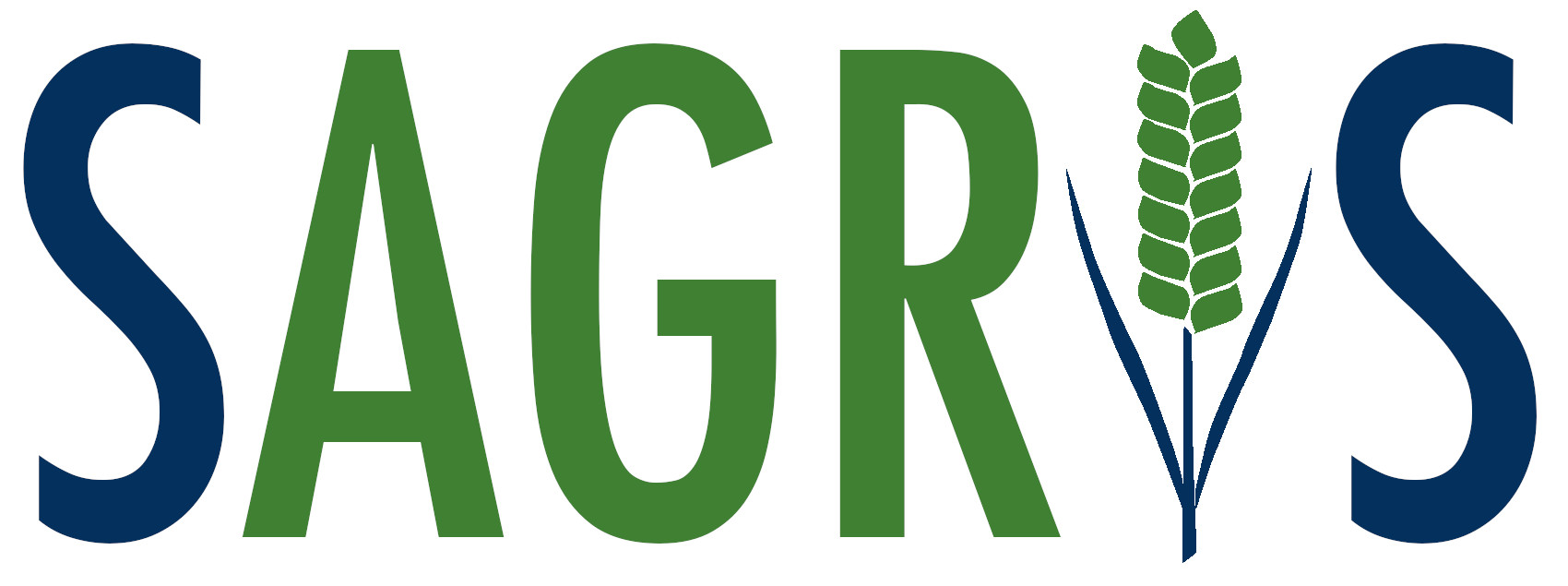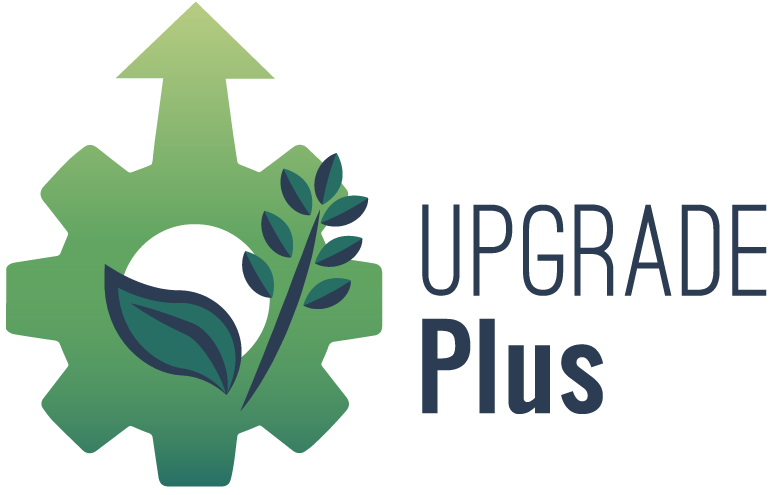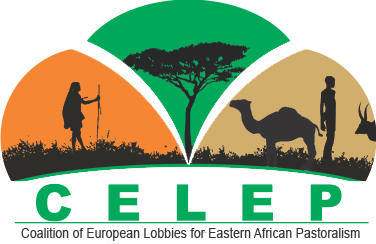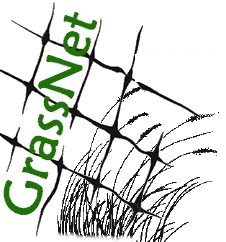![]()
A package of projects funded by the German Research Foundation DFG
This collaborative and interdisciplinary package of projects investigates livestock production in Namibia from the beginning of the colonial period (1884) until today as an intertwined process of historical, socio-ecological and genetic transformations.
The project packages are led by:
• History: J. Prof. Dr. phil. Stephanie Zehnle
Außereuropäische Geschichte, Historisches Seminar Christian-Albrechts-Universität zu Kiel
• Social Ecology: Prof. Dr. Brigitte Kaufmann, Dr. Christian Hülsebusch
German Institute for Tropical and Subtropical Agriculture (DITSL), Witzenhausen
• Animal Breeding: Prof. Dr. Sven König
Institut für Tierzucht und Haustiergenetik Justus-Liebig-Universität Gießen
In Partnership with:
• UNAM: University of Namibia - University Archive
• NUST: Namibia University of Science and Technology – Range Management
• NLAS: Namibia Library & Archives Service - National Archive
• Namibia Resource Consultants
• Earth Wise Enterprise
The establishment of colonial systems in Africa intervened massively in African societies, causing profound changes in habitats with their biodiversity, resource endowment and land use. Livestock production was a central element in colonial undertakings in what is today Namibia. The colonizer’s intent on a planned transformation was itself part of the legitimation of colonialism and biologic racism: existing livestock populations and production systems were considered - as were African societies - to be in need of improvement through European guidance. Colonial designs for the future included the use of local breeds and the introduction of European breeds, new forms of animal husbandry, and new strategies for land- and resource use. Consequently, colonization led to a diversification of livestock production systems with diverging breeding goals and outcomes. This caused transformation processes in livestock populations at phenotypic and genotypic levels.
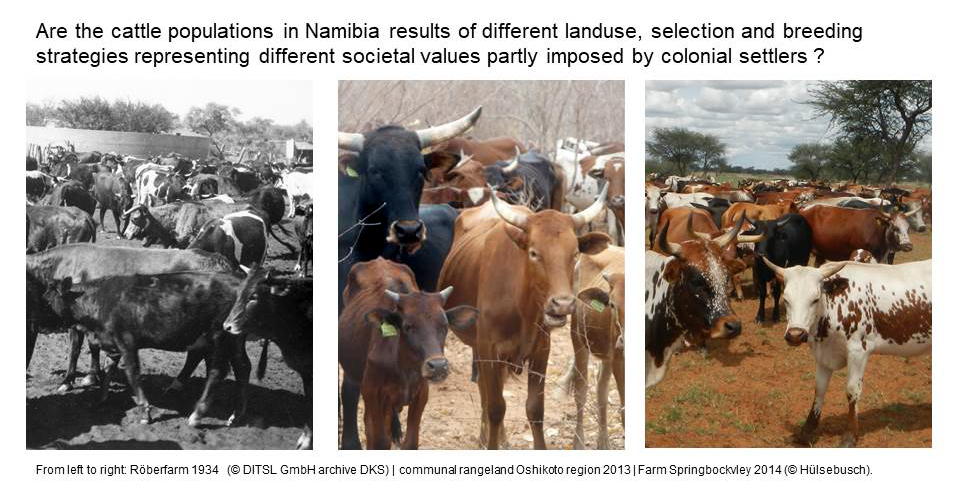
This collaborative project investigates the interrelations between colonial strategic planning and practical breeding methods along with the related historical changes in society, in human-animal relations, and in the genetic make-up of cattle populations exemplarily for Namibian cattle systems in different project locations. Different preferred livestock phenotypes can be conceived as designs of different social value systems, which had to be socially anchored. The resulting breeding interventions, however, led to a mixture of intended and unintended social and genetic changes that cannot be easily separated retrospectively. Against this background:
The History Package examines the traditional strategies according to which colonial breeding was controlled and how colonial human-animal relations changed in view of the breeding results. In a microhistory approach, it studies the African farms of former scholars of the agriculturally oriented German Colonial School in Witzenhausen and the Colonial Women's School in Rendsburg. >
The Social Ecology Package investigates the production strategies, principles and logics of action of livestock farmers/pastoralists in different rangeland systems of today’s Namibia. It examines how these logics developed and how they reflect different human-animal- environment-relationships. >>READ more…
The Animal Breeding Package examines to what extent colonial societal changes have contributed to the definition of breeding objectives and to what extent breeding processes based on these changes can be measured today on the basis of genomic data. >>>
Through this interdisciplinary approach, historical, societal, land-use related and genetic transformations are investigated in direct relation to each other on the basis of a concrete case study. This will clarify whether and, if so, how rangeland farming utilisation were permanently changed by colonialization, or whether and to what extent African breeding and husbandry practices ultimately proved resilient.
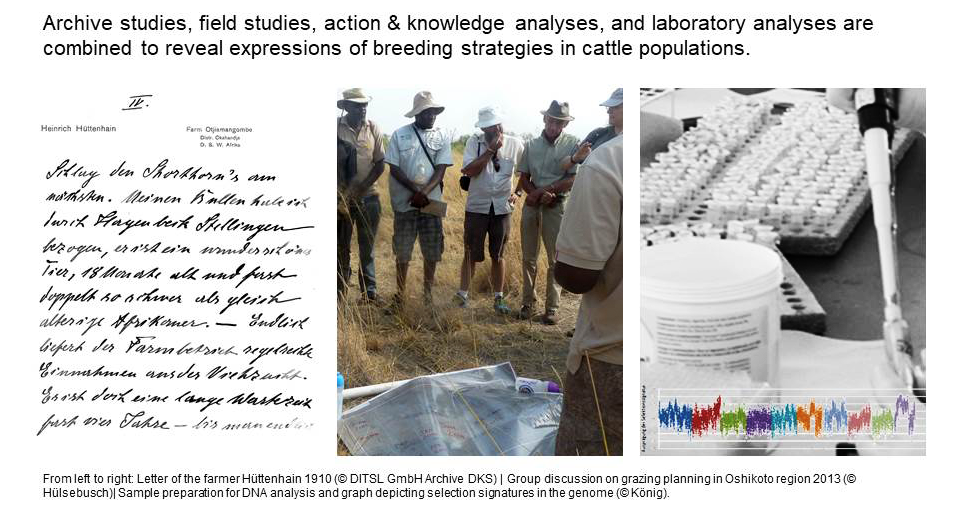






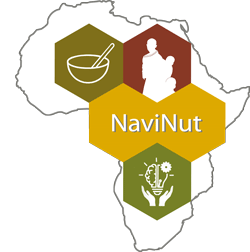 NaviNut
NaviNut